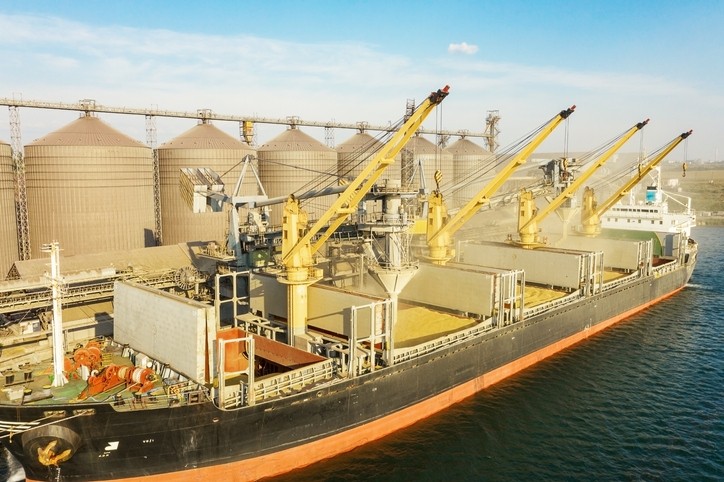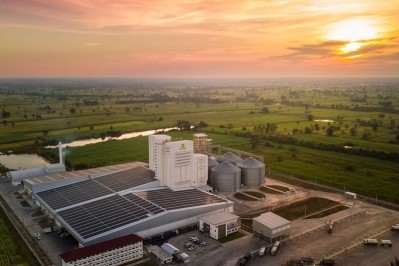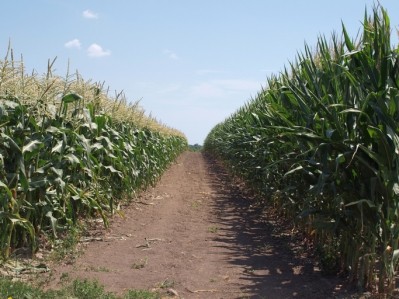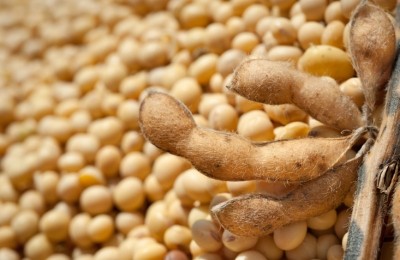Increased demand for Thai poultry exports set to boost feed wheat imports

The report indicates increased demand for Thai poultry in several markets, including South Korea and outlines how broiler and layer production in Thailand this year currently accounts for up to 57% of total feed demand.
“Traders are expecting strong demand for poultry exports in line with the economic recovery, which will lead to an increased demand for feed wheat and other feed ingredients in poultry production.”
Contingency measures
And the authors reported that the Thai government has responded to requests by local feed mills and the livestock industry to implement contingency measures to tackle the surge in import prices of feed ingredients, which the stakeholders said had reached highs not seen in a decade.
Livestock feed production in the country slowed down during Q1 2022 due to the hike in prices of both ingredients and fuel, said the USDA FAS team. Behind those elevated prices is of course Russia’s invasion of Ukraine but also the shortage of shipping containers.
Feed mills in Thailand have been using more locally produced corn, soybean meal, and duty-free imported corn in their poultry and swine feed rations due to high prices for feed wheat, noted the agriculture specialists.
The government temporarily removed import restrictions on feed wheat between May 10 and July 31, 2022, dropping the requirement that importers must purchase domestic corn prior to importing feed wheat at a 3 to 1 absorption ratio.
Thailand imports roughly 58% of its feed wheat from Ukraine, followed by Romania at around 21% and Australia at 11%, as per the USDA publication.
The government has also approved an increase in the feed corn import quota to 600,000 MT between May 10 and July 31, 2022. The original import quota was 54,000 MT under the WTO commitment, said the authors.
Decline seen in barley, DDGS imports
In addition, the review noted that imports of barley to Thailand decreased significantly in MY2021/22 to 0.15 MMT, down 78% from the same period last year.
“Thailand imports most of its barley from Australia. Australian barley faces no import restriction and enters duty free under the Thai-Australian Free Trade Agreement. Imports of distiller’s dried grains with solubles (DDGS) also decreased significantly in MY2021/22 to 0.20 MMT, down 53% from the same period last year, due to uncertainties about new phytosanitary measures that the Thai government has not yet finalized. [Thailand's] Department of Livestock Department (DLD) is currently reviewing the new phytosanitary measures.”













